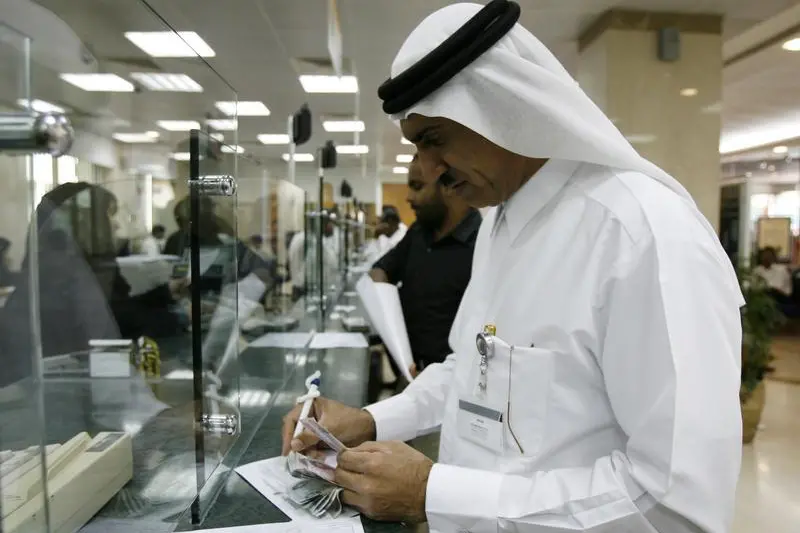PHOTO
With many facing financial difficulties in the wake of the COVID-19 pandemic, legal and financial experts have sought to ease the concerns of residents by announcing that UAE courts are now far more lenient when it comes to cases of bounced cheques.
It is one of UAE’s most common financial offences; it was once a feared practice in the Emirates, with those found guilty facing potential lengthy jail terms and/or a fine. However, new insolvency laws put into practice earlier this year mean that courts are now more accommodating and lenient towards those who have found themselves in financial difficulty.
The new law, which was implemented in January, is aimed at supporting those struggling with financial difficulties by helping them reschedule debts and offering the chance to take out new concessional loans.
Barney Almazar, a director at the corporate-commercial department of Gulf Law, told Zawya that while the issuance of bounced cheques remains criminal in nature, the crime is not to be feared as it once was.
“Courts have been lenient in the imposition of jail term, especially if the amount is less than 200,000 dirhams and the person is a first-time offender; that is, not a habitual delinquent,” he explained. “Banks are not in the business of sending people to jail. In fact, court action is their last resort.”
An instance of a bounced cheque normally involves a process that allows the issuer to negotiate a settlement before any sort of punishment is handed out, Almazar said. “If a cheque has bounced, the creditor will secure a cheque return memo from his bank and present [it] to the police to open a criminal case against the issuer. At any stage before the judgment is issued, the parties may agree to settle the matter amicably, and the case will be dismissed by the judge. To settle the matter, the debtor may negotiate to pay a discounted lump sum or through instalments, depending on his capacity.”
NO JAIL TIME FOR MINOR INCIDENCES
Nedal Dajani, Head of the Sharjah and Northern Emirates offices for BSA Ahmad Bin Hezeem and Associates, agrees that residents should not be over-anxious about the legal fallout over a bounced cheque.
“The crime of issuing a bounced cheque in the past has caused major problems for individuals, investors, and traders,” he said. “If the issuing cheque does not have the value to cover the balance, the signatory of the cheque [would normally be] subject to punishment of imprisonment for up to three years maximum for issuing a cheque [personally or on behalf of a company]. Laws have been put in place to protect the cheque and giving it the value as the money in hand.”
He continued, “However, recently new regulations were adopted, limiting the penalty to a fine for the issuance of a cheque for the value not exceeding 200,000 dirhams The matter will be handled directly by the police station, and the fine is to be paid immediately without any delay.”
If the amount is higher than 200,000 dirhams, then the court may issue a judgment of fine or imprisonment, but Dajani said the courts are now “more cooperative and flexible,” with a fresh approach to encourage debtors and give them a chance to recover and function again.
“New laws have been put in place to encourage the economy, provide security to investors and allow them to continue/start doing business, [making] investments, and [conducting] trade within the country ... So, in conclusion, a bounced cheque is not to be feared. However, to avoid getting into a similar position, make certain that any cheque issued has a sufficient amount to cover the value in the account. Do not issue any undated or blank cheque to anyone; especially contacts that you do not know or trust.”
Almazar also suggested ways to avoid getting into a court dispute over a bank cheque: Number one, he says, is to “always communicate with your bank”. He continued, “The main objective here is to demonstrate your good-faith intent to honour your commitments. The court system and the central bank protect debtors who are honest but were just unfortunate to have been in a downward spiral.”
(Writing by Jennifer Bell; editing by Seban Scaria)
#LEGAL #FINANCIALSERVICES #UAE
Disclaimer: This article is provided for informational purposes only. The content does not provide tax, legal or investment advice or opinion regarding the suitability, value or profitability of any particular security, portfolio or investment strategy. Read our full disclaimer policy here.
© ZAWYA 2020




















